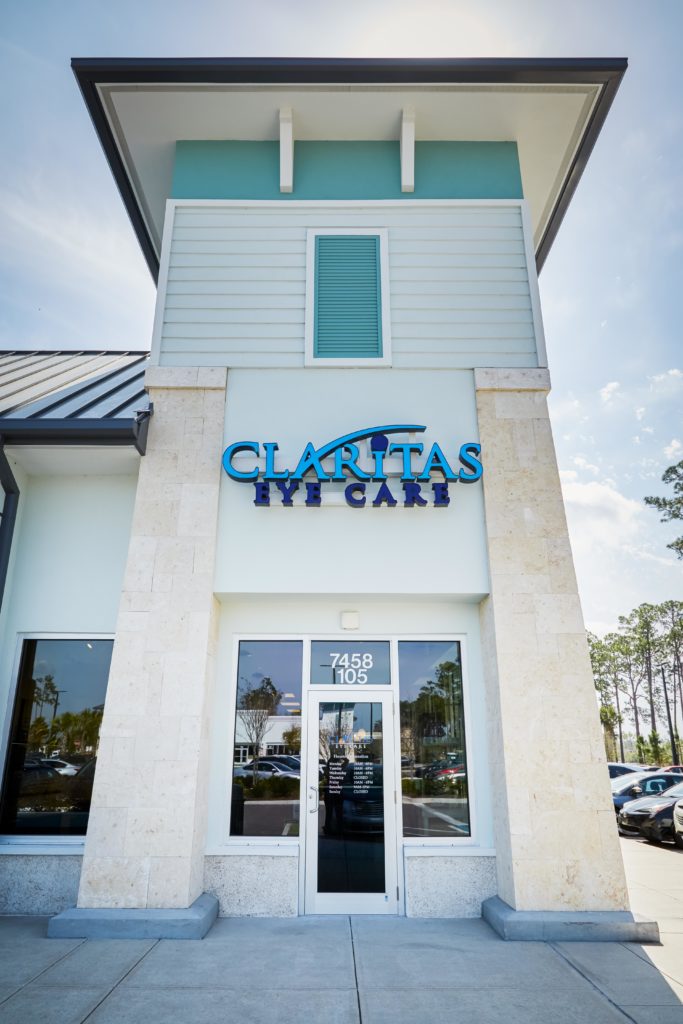Before You Sign Your Lease Renewal Option

The Importance of a Renewal for the Landlord
Most lease renewals benefit property owners financially much more than they benefit tenants.
Although tenants may feel good about having a renewal option in their lease and the ability to stay in their space at set lease terms, the truth is that the majority of lease options are typically drafted to benefit the landlord much more than the tenant, in numerous ways. That’s because landlords can make much higher margins on a renewal with an existing tenant than they can on a new lease. After years of annual escalations (which most leases contain), the lease rate is typically well “over-market” compared to what a new tenant would pay for the same space. This means the landlord knows they can typically get above market rates while giving out little to no concessions for an existing tenant.
Tenants can often achieve much better terms if they understand the landlord’s intent behind a renewal option and how to execute a specific game plan to achieve terms in their favor.
Property owners don’t want tenants to know that even if a tenant has a renewal option, they can usually negotiate a better deal if they decline their renewal option and renegotiate based upon having multiple other properties they are considering. With proper representation, healthcare tenants can achieve significantly better terms than what is offered by most lease renewal options.
Because of the insights above, a landlord’s mindset is more generous toward a new tenant vs an existing one. With new tenants, landlords must spend both time and money preparing a property, marketing it, coordinating showings, structuring a new lease, and more. If an existing tenants chooses to stay, however, the landlord avoids the majority of these additional costs—earning them a wider margin.
These influencing factors that affect how a landlord approaches a new vs. existing tenant are described in detail below:
- Vacancy & Rent Collections: It’s not uncommon for a vacated space to remain that way for a year or longer, even in a tight market. Not only is the Landlord not collecting any rent for the entire year before the new prospective tenant comes along, when you factor in the new tenant’s negotiation period, build out period and free rent period, it could be a total of 18-24 months before the Landlord sees another rent check for the space.
- Operating Expenses: In addition to a landlord not receiving any rent on a vacant space, the landlord still has to cover and pay for all operating expenses until the space gets released. These costs include property taxes, insurance, utilities and more; all of which add up to typically tens of thousands of dollars per year to carry a vacant space.
- Advertised Rates: To be competitive, a property can’t be advertised at inflated rates. Landlords may need to market their spaces at rates that are considerably lower than what many of their tenants are paying, and they’re banking on the current tenants being none the wiser.
- Tenant Improvement Allowance: If the current tenant leaves and vacates the property, the space will likely need to be refreshed or completely remodeled. It’s extremely rare for the existing build-out to be a perfect fit for the next occupant, even if it’s a similar use, which means a Landlord may have to invest tens or hundreds of thousands of dollars to accommodate the new tenant.
- Free Rent: New tenants also often receive a free rent period, in addition to the no-rent build out period. Landlords may give three months or more in free rent on longer term leases, plus the time it takes to renovate a space.
These costs add up quickly, making tenant turnover extremely expensive for landords. Lease renewals are significantly more cost-effective for landlords, especially with unsuspecting tenants that do not understand how to successfully waive their renewal options and instead, negotiate brand new lease terms.
Negotiating the Renewal Options

While renewal options are often drafted with the landlord’s benefits in mind, it’s very possible to renegotiate them in the tenant’s favor. Below are the key conditions included in renewal clauses.
Above Market Lease Rates
A lease renewal notice period is the set time frame prior to the expiration of a lease when a landlord or tenant must provide written notice informing the other party that they will renew the lease, or at which time they will waive their renewal notice and begin negotiating new terms to consider staying. Some states have laws stipulating a minimum time frame—typically 30 days to 60 days, while most commercial leases put this timeframe at six to 9 months, or even up to one year in advance.
For tenants, this period is ideally long enough so that tenants and their brokers can research the market and gather proposals before deciding whether they plan on exercising their option to renew or choosing to renegotiate vs relocating to a new leased space or even purchasing a property to move to.
Term
The term refers to the length of the lease renewal period. Renewal option terms can be different lengths of time, such as 3, 5, 7 or 10 years.
Lease and Rental Rates
Some renewal clauses specify a predetermined renewal rental rate and set annual increases. However, renewal options more commonly use a fair market value to determine the new rate.
Fair Market Value
The fair market value (FMV) is the price of a property determined at a later date based on comparing similar buildings, terms and locations. It’s important to understand if the future determination of the FMV puts you as a practice owner in a more or less favorable position compared to simply having your own advisor renegotiate new terms with your owner rather than leaving it open to the landlord’s interpretation.
Hidden Pitfalls of Renewal Clauses
Many commercial real estate leases use recycled template language. If tenants are not attentive, they risk agreeing to fine print terms and conditions that benefit the landlord—for instance, “If the FMV is less than the last month’s rent of the expiring lease term, then the higher rent will be the option rate.” It is also possible that renewal clauses neglect to address how future maintenance, security deposits, and repairs are handled. Additionally, lease renewal options almost never address concessions that benefit the tenant, such as free rent, tenant improvement allowances, and more.
Some leases also contain vague or unclear language, much to the tenant’s detriment. For example, despite providing tenants the option to renew, some leases do not clearly define a notice period. This may leave tenants vulnerable to sudden changes from their landlord and can also complicate court proceedings should legal action be taken.
Conclusion

When a tenant moves out of a space, the subsequent expenses really add up, which is why a landlord is motivated to find savings by renewing a lease with an existing tenant. When a tenant exercises their renewal option without comparing their terms to what a new tenant would receive or what they could achieve at a competing property, the landlord pockets these significant savings instead of passing them on to the current tenant. The difference between these savings and what a landlord actually offers a renewing tenant can be astounding. It’s not uncommon for a landlord to save well over $100,000 by doing a renewal instead of finding a new tenant and investing all the additional expenses into the deal.
The typical concessions offered to the tenant in most renewal scenarios are a mere fraction of the savings realized by the Landlord when a tenant renews. Knowing this, it’s imperative to hire a healthcare real estate advisor to exclusively represent your interests and to develop a customized strategy to procure your next lease. This will ensure you are getting the best possible terms on your lease renewal and will tip the negotiation scales back in your favor. If approached properly, it is very common to save tens to hundreds of thousands of dollars on your lease renewal. Alternatively, if you simply accept the renewal option terms blindly, the same potential savings and concessions can result in dramatic losses and added expenses that could have been avoided.
Help your practice avoid this common pitfall by understanding how much is really at stake during your next lease renewal, and then be prepared to capitalize with the advice of an expert advisor. Without an advocate, tenants face an uphill battle in understanding renewal clauses and negotiating them in their own favor when going up against landlords who often have the upper hand.